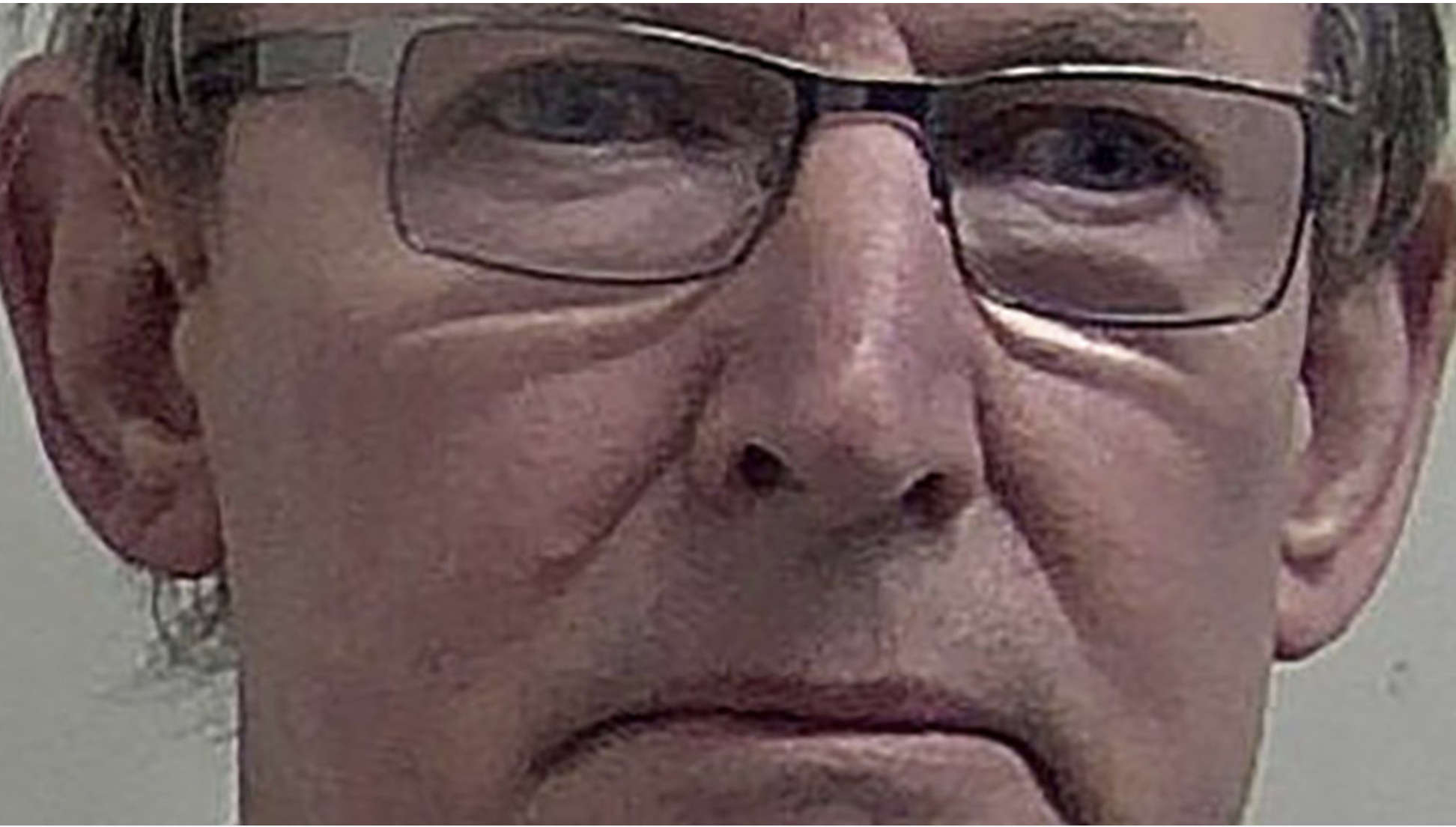
Bosses at one of the hospitals where a double murderer was able to abuse dead bodies for 15 years showed a "persistent lack of curiosity" during his offending, an inquiry has found.
David Fuller, who was a maintenance worker, abused the corpses of at least 101 women and girls at Kent and Sussex Hospital and the Tunbridge Wells Hospital before his arrest in December 2020.
His victims ranged in age from nine to 100.
The government launched an independent inquiry in 2021 to investigate how Fuller was able to carry out his crimes undetected, with the first phase of the probe looking at his employer - Tunbridge Wells Hospital.
The inquiry found senior bosses at the hospital were "aware of problems in the running of the mortuary from as early as 2008''.
It found that he entered one mortuary 444 times in the space of one year "unnoticed and unchecked" and that deceased people were also left out of fridges and overnight during working hours.
The report also found there were "serious failings" at the hospital, with Fuller able to "offend undetected" while standard procedures weren't followed.
The inquiry held interviews with more than 200 witnesses and reviewed more than 3,700 documents.
Based on the evidence, the inquiry team made 17 recommendations to "prevent any similar atrocities" happening again in the hospital.
The recommendations include:
• Non-mortuary staff and contractors should be accompanied when in the mortuary
• All regulatory standards must be met
• Deceased people should not be left out of fridges overnight or while maintenance is happening
• Only those with legitimate access can enter the mortuary
• CCTV cameras must be installed and footage reviewed regularly
• Records should be kept of who is accessing the mortuary and how often
• The trust board must review governance structures
'Missed opportunities'
"The offences that Fuller committed were truly shocking and he will never be released from prison," said inquiry chairman Sir Jonathan Michael.
"Failures of management, of governance, of regulation, failure to follow standard policies and procedures, together with a persistent lack of curiosity, all contributed to the creation of the environment in which he was able to offend, and to do so for 15 years without ever being suspected or caught.
"Over the years, there were missed opportunities to question Fuller's working practices.
"He routinely worked beyond his contracted hours, undertaking tasks in the mortuary that were not necessary or which should not have been carried out by someone with his chronic back problems. This was never properly questioned."
Sir Jonathan added that "mortuary staff were mostly unsupervised and left to their own devices" and "frequently did not follow policies and standard operating procedures".
Fuller, 69, was given a whole-life prison term in December 2021 for the murders of Wendy Knell and Caroline Pierce in Tunbridge Wells, Kent, in 1987.
An examination of his hard drive at his home in Heathfield, East Sussex, revealed 818,051 images and 504 videos of his abuse as well as evidence of his "persistent interest" in rape, abuse and murder of women.
At the time of his sentencing, 78 mortuary victims had been identified - but he was sentenced again in December last year for the further abuse of 23 bodies.
The mother of Azra Kemal, one of Fuller's victims, said the inquiry had "pronounced the truth" - that the trust had "been failing for decades" and had failed to follow national guidelines.
Nevres Kemal said its chief executive, Miles Scott, should resign.
"I hope Victoria Atkins, the health secretary, will show him the door, because he obviously doesn't know where the door is," she told Sky News.
Ms Kemal said Fuller's horrific crimes mean "horror accompanies you day and night" and that the pain is "unimaginable".
"It's bad enough losing your loved ones," she said. "But then to be told they were abused and raped in a mortuary on numerous occasions and it could have been prevented."
Last year, the daughter of another victim described how she felt when she found out about the abuse of her mother.
"The pain and emotional upset seared through my body like a knife," she said.
"He took advantage of her helplessness in death where we were unable to protect her."
A second part of the inquiry was launched in July to review how people who have died are cared for around the country, focusing on safeguarding in private mortuaries, private ambulances and funeral directors.
The findings of this part of the inquiry are expected in 2024.

(c) Sky News 2023: David Fuller: Mortuary bosses showed 'lack of curiosity around

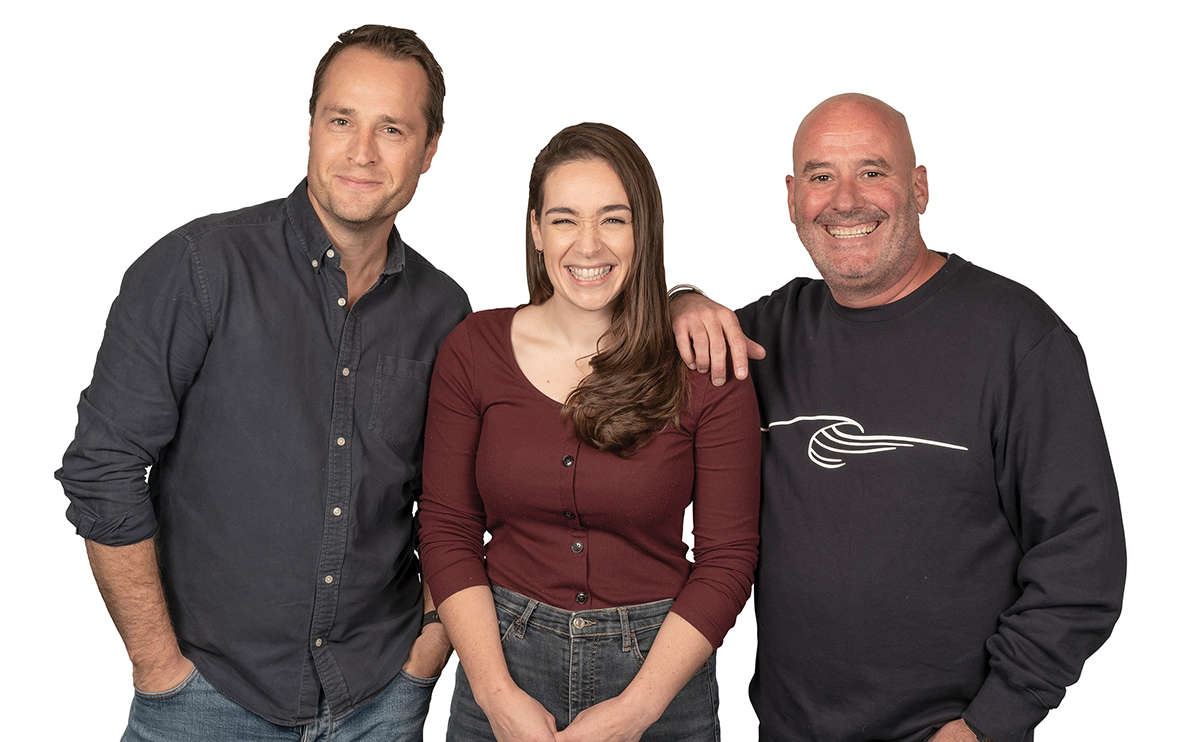
 Meet The Southern Train Driver Magistrate Delivering Justice In Sussex
Meet The Southern Train Driver Magistrate Delivering Justice In Sussex
 Witnesses Sought Following House Fire In Eastbourne
Witnesses Sought Following House Fire In Eastbourne
 University Of Brighton Recognised As Top Sports Education Provider
University Of Brighton Recognised As Top Sports Education Provider
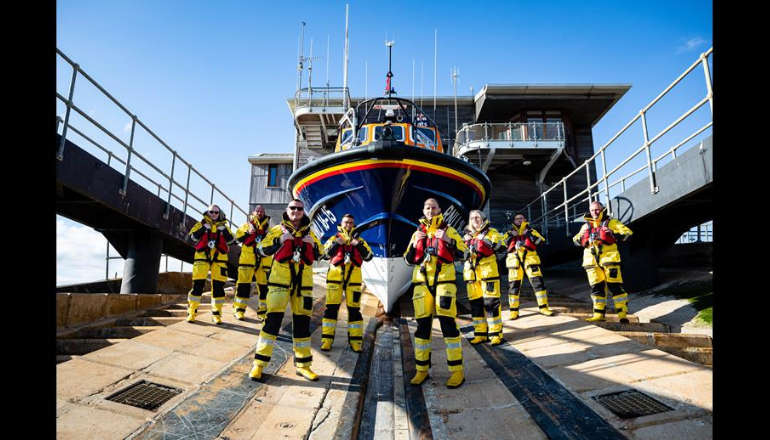 Shoreham Harbour RNLI Opens Recruitment For Boat Crew Volunteers
Shoreham Harbour RNLI Opens Recruitment For Boat Crew Volunteers
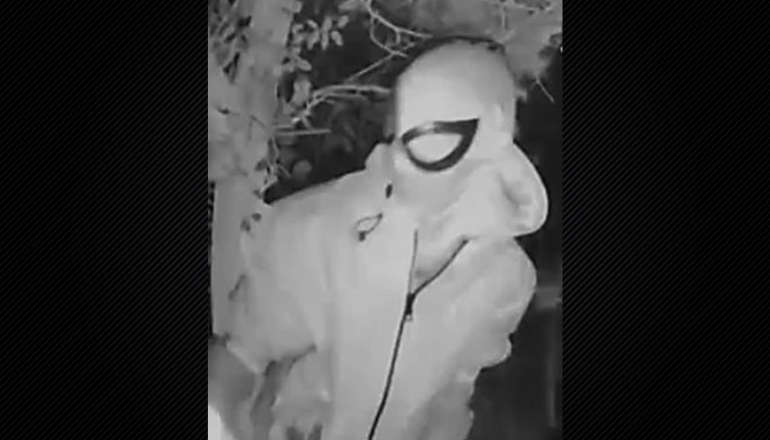 Eastbourne man admits stalking woman in Hailsham
Eastbourne man admits stalking woman in Hailsham
 CCTV Appeal After Luggage Stolen From Gatwick
CCTV Appeal After Luggage Stolen From Gatwick
 Appeal After Boy Seriously Injured In Firle Collision
Appeal After Boy Seriously Injured In Firle Collision
 Boy Charged After Knife Incident On Brighton Bus
Boy Charged After Knife Incident On Brighton Bus
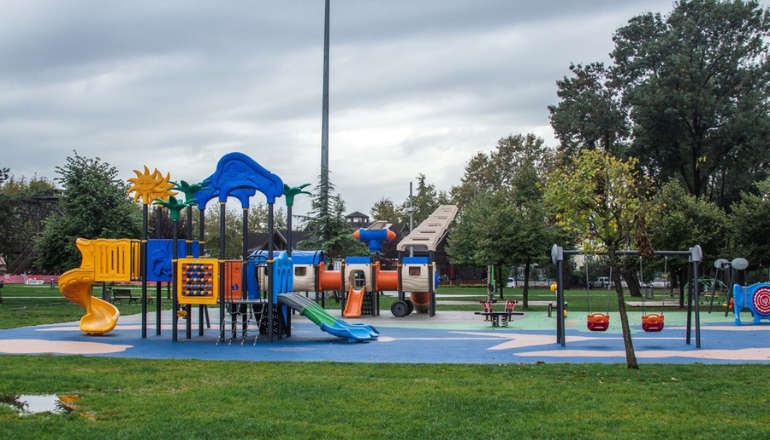 Play Area Refurbishment In Chichester Moves A Step Forward
Play Area Refurbishment In Chichester Moves A Step Forward
 Captivating Water Projection And Light Show To Be Held At Arundel Lido
Captivating Water Projection And Light Show To Be Held At Arundel Lido